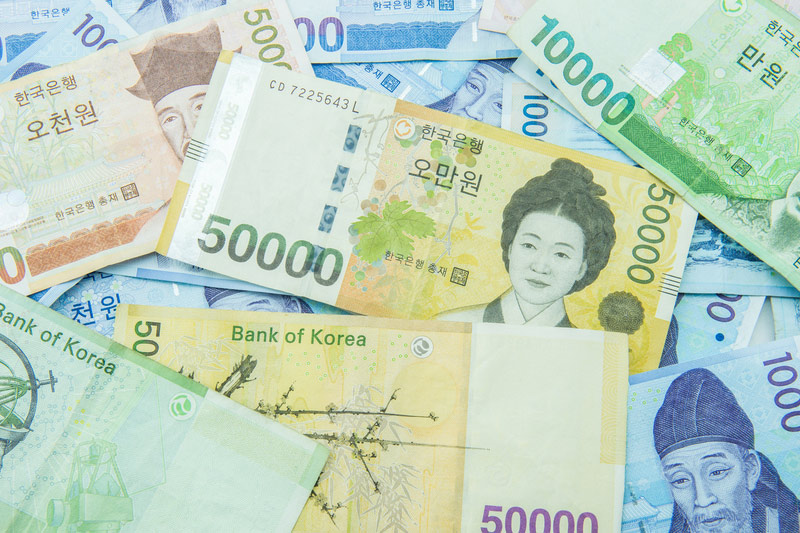By Ambar Warrick
Investing.com -- Most Asian currencies retreated on Wednesday as stronger-than-expected U.S. CPI inflation drove up short-term Treasury yields on the prospect of more interest rate hikes by the Federal Reserve, while the dollar also firmed.
The South Korean won and the Malaysian ringgit logged the steepest declines, falling about 0.9% each, while the Chinese yuan and Thai baht fell 0.3% and 0.6%, respectively.
The dollar advanced against a basket of currencies after initially logging a muted reaction to Tuesday’s inflation reading. The dollar index and dollar index futures rose 0.2% each in Asian trade.
But the biggest source of pressure on Asian markets came from an overnight spike in short-term Treasury yields. 1-year, 2-year and 5-year yields surged between 1.4% and 2.5% after U.S. consumer price index data showed inflation remained stubbornly high in January.
The trend is likely to provide more ammunition for the Fed’s hawkish rhetoric, and will likely spur the bank into raising interest rates later this year.
This also spells more pressure on Asian currencies after a dismal 2022, as rising yields on relatively lower-risk debt drove capital flows away from the region.
New York Federal Reserve President John Williams said on Tuesday that U.S. interest rates could peak beyond 5.1%, and flagged a prolonged battle against inflation over the coming months.
Bucking the trend, the Japanese yen firmed slightly against the dollar on Wednesday after steep overnight losses. But the currency saw some bids after the government unexpectedly nominated economist Kazuo Ueda as the next Bank of Japan governor.
Ueda, seen as a wild card pick, is expected to alter monetary policy based on economic data. But given that Japanese inflation is trending at over 40-year highs, markets are pricing in the possibility of the BOJ tightening policy sooner, rather than later.
Data earlier this week also showed that the Japanese economy came close to shrinking in the fourth quarter, and was rapidly running out of steam.
The Indian rupee also firmed 0.1% as stronger-than-expected inflation readings cemented the Reserve Bank’s hawkish outlook. But the currency was trading close to record lows amid weak corporate demand for the currency.
